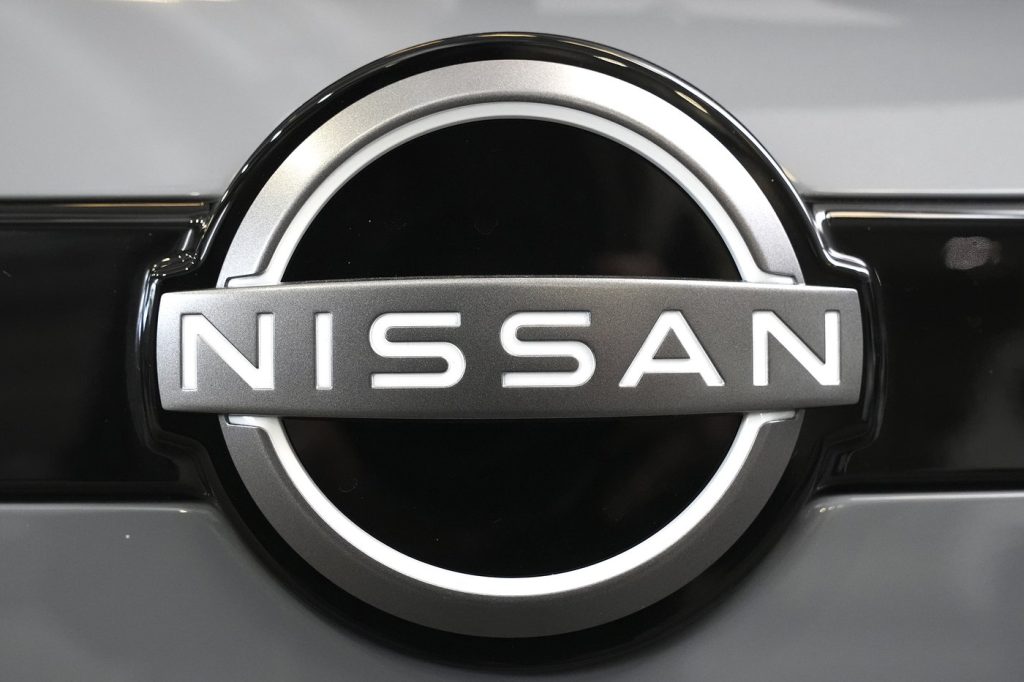Nissan, Honda expected to announce plans to merge, creating world’s No. 3 automaker

Posted Dec 23, 2024 03:33:16 AM.
Last Updated Dec 23, 2024 03:45:14 AM.
TOKYO (AP) — Japanese automakers Nissan and Honda were expected to announce Monday that they are in talks on a merger that would catapult them to No. 3 in a global industry undergoing tectonic shifts as it transitions away from reliance on fossil fuels while facing intensifying competition from Chinese rivals.
The two companies, and smaller Nissan alliance member Mitsubishi Motors, said their top executives would hold a news conference later in the day. Local media including Kyodo News Service and broadcaster NHK said the companies’ boards had held meetings and top company executives had informed relevant government ministries that they plan to have details finalized by June.
News of a possible merger surfaced earlier this month, with unconfirmed reports saying that the talks on closer collaboration partly were driven by aspirations of Taiwan iPhone maker Foxconn to tie up with Nissan, which has an alliance with Renault SA of France and Mitsubishi.
A merger could result in a behemoth worth more than $50 billion based on the market capitalization of all three automakers. Together, Honda and the Nissan alliance with Renault SA of France and smaller automaker Mitsubishi Motors Corp. would gain scale to compete with Toyota Motor Corp. and with Germany’s Volkswagen AG. Toyota has technology partnerships with Japan’s Mazda Motor Corp. and Subaru Corp.
Even after a merger Toyota, which rolled out 11.5 million vehicles in 2023, would remain the leading Japanese automaker. If they join, the three smaller companies would make about 8 million vehicles. In 2023, Honda made 4 million and Nissan produced 3.4 million. Mitsubishi Motors made just over 1 million.
Honda, Japan’s second-largest automaker, is widely viewed as the only likely Japanese partner able to effect a rescue of Nissan, which has struggled following a scandal that began with the arrest of its former chairman Carlos Ghosn in late 2018 on charges of fraud and misuse of company assets, allegations that he denies. He eventually was released on bail and fled to Lebanon.
Speaking Monday to reporters in Tokyo via a video link, Ghosn derided the planned merger as a “desperate move.”
Japanese automakers have lagged behind their big rivals in electric vehicles and are trying to cut costs and make up for lost time.
Nissan, Honda and Mitsubishi announced in August that they would share components for electric vehicles like batteries and jointly research software for autonomous driving to adapt better to dramatic changes centered around electrification, following a preliminary agreement in March.
From Nissan, Honda could get truck-based body-on-frame large SUVs such as the Armada and Infiniti QX80 that Honda doesn’t have, with large towing capacities and good off-road performance, Sam Fiorani, vice president of AutoForecast Solutions, told The Associated Press.
Nissan also has years of experience building batteries and electric vehicles, and gas-electric hybird powertrains that could help Honda in developing its own EVs and next generation of hybrids, he said.
But the company said in November that it was slashing 9,000 jobs, or about 6% of its global work force, and reducing its global production capacity by 20% after reporting a quarterly loss of 9.3 billion yen ($61 million).
It recently reshuffled its management and Makoto Uchida, its chief executive, took a 50% pay cut to take responsibility for the financial woes, saying Nissan needed to become more efficient and respond better to market tastes, rising costs and other global changes.
Fitch Ratings recently downgraded Nissan’s credit outlook to “negative,” citing worsening profitability, partly due to price cuts in the North American market. But it noted that it has a strong financial structure and solid cash reserves that amounted to 1.44 trillion yen ($9.4 billion).
Nissan’s share price also has fallen to the point where it is considered something of a bargain.
On Monday, its Tokyo-traded shares gained 1.6%. They jumped more than 20% after news of the possible merger broke last week.
Honda’s shares surged 3.8%. Honda’s net profit slipped nearly 20% in the first half of the April-March fiscal year from a year earlier, as sales suffered in China.
The merger reflects an industry-wide trend toward consolidation.
At a routine briefing Monday, Cabinet Secretary Yoshimasa Hayashi said he would not comment on details of the automakers’ plans, but said Japanese companies need to stay competitive in the fast changing market.
“As the business environment surrounding the automobile industry largely changes, with competitiveness in storage batteries and software is increasingly important, we expect measures needed to survive international competition will be taken,” Hayashi said.
___
Kurtenbach reported from Bangkok.
Mari Yamaguchi And Elaine Kurtenbach, The Associated Press








